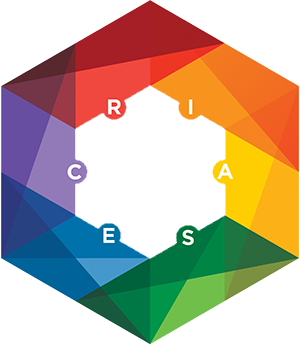
Career Development Theories & Techniques
Pepperdine Psychology 671
is proud to offer the

An estimated 80 percent of students change their majors at least once, and most will change majors at least three times before they graduate. The SDS can help you avoid some of these difficulties. This easy-to-complete, 20-minute test asks about your interests, aspirations, and skills. At the end of the test, a customized report is instantly produced. The report includes…

WHAT TO EXPECT
- A personalized Summary Code, which is based on the results of your assessment.
- A description of each of the RIASEC types.
- A list of occupations and programs of study associated with your Summary Code, which can be further customized.
- An additional personalized list of occupations based on your daydream occupations.
- An overview of salary data associated with favorite occupations.
- A list of additional careers organized by career cluster, which can be used for an even deeper self-directed search.
- Links to resources to assist with educational and career planning.

Ready to get started?
Take the SDS >